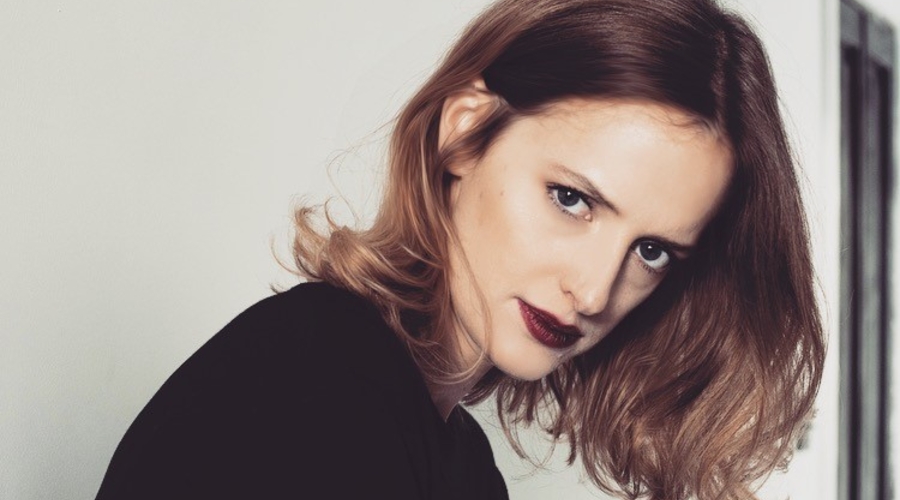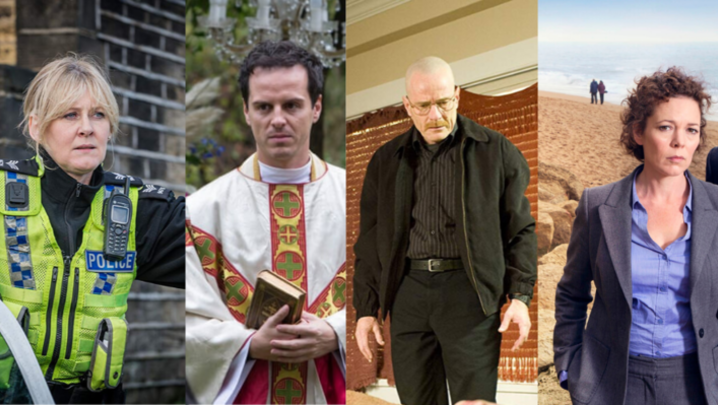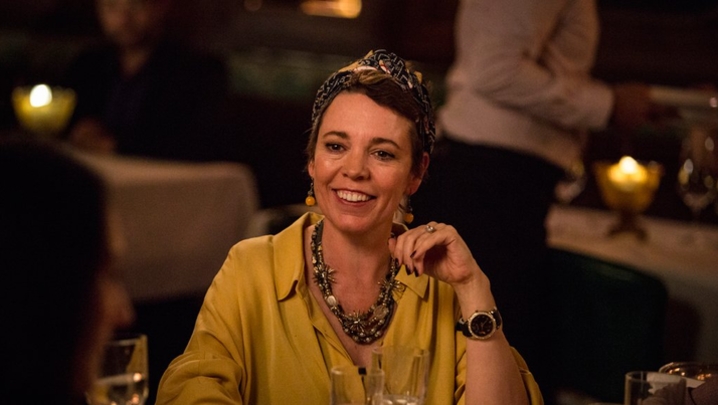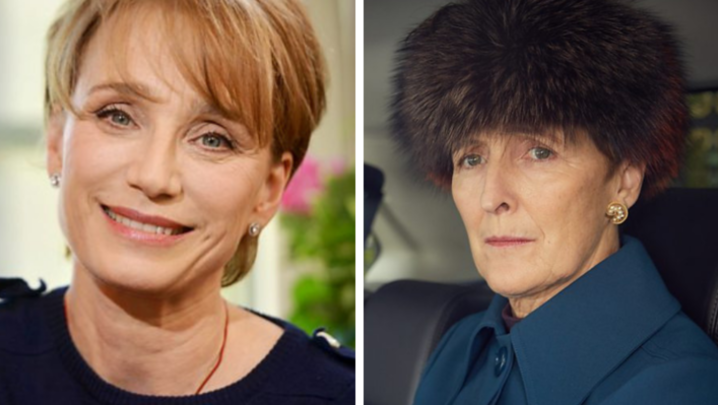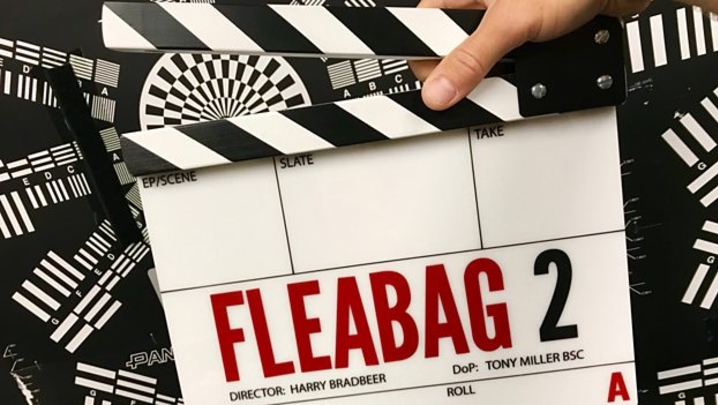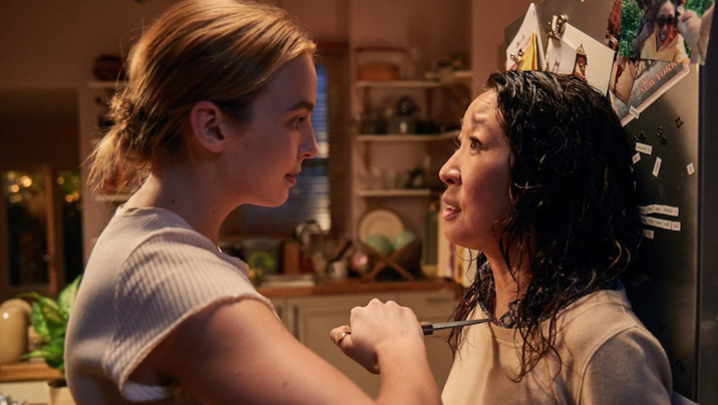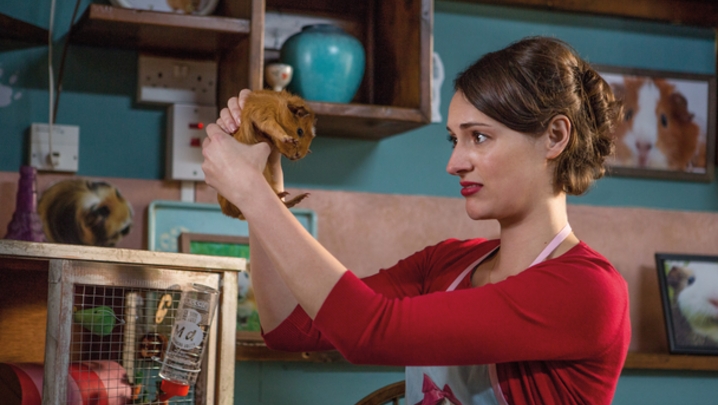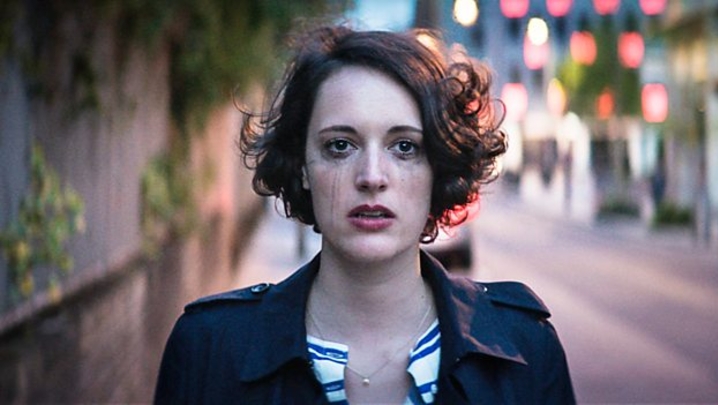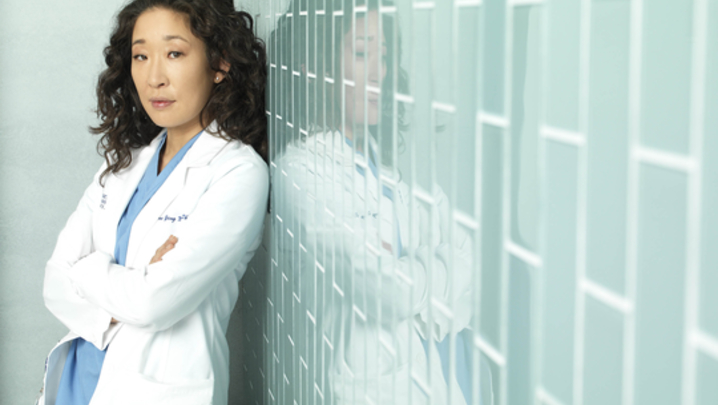Isobel Waller-Bridge has worked to become a successful film and TV composer.
From scratch nights writing music for plays performed above pubs, to composing for Black Mirror, Vanity Fair, Fleabag and The ABC Murders, Waller-Bridge is making an impact in the film and TV industry.
“I absolutely love film. I love the world they can take you to, what they can do with your imagination,” Waller-Bridge enthuses.
Throughout our conversation, she talks a lot about collaboration, how important it is and the key part it plays in why she loves her job.
It's particularly important when composing for TV and film, she says: “There is something really wonderful that happens when you are collaborating with people who are real experts in their field.
“You’re collaborating with so many different things - the script, the picture - you’re responding and reacting to what’s already there.”
Waller-Bridge started with a degree in music from the University of Edinburgh, before moving on to a Masters at Kings College London and studying at the Royal Academy of Music.
It was while she was working with an orchestra that Waller-Bridge met and started assisting a film composer.
This led to jobs composing for the theatre, something which she credits with giving her many of the skills she needed to get started.
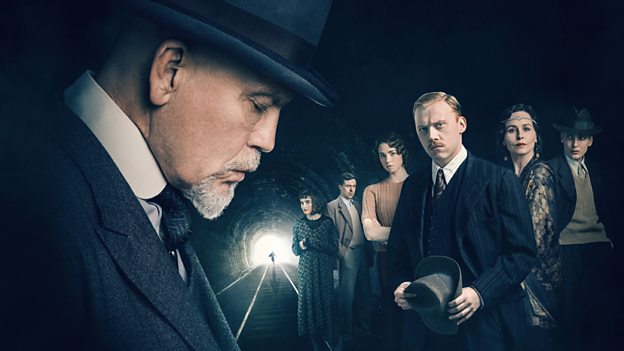
Waller-Bridge also emphasises how important word of mouth is when starting out.
“Just keep making the work, find anyone, because that’s how you meet people and that’s where the ideas come from.”
When it comes to finding inspiration for new projects, Waller-Bridge doesn’t like to listen to music.
“Your brain can be weirdly music photographic and I find that the freer I am with those ideas, the more confident I am,” she explains.
Instead she reads over the script, listening to the “rhythm and tone” before sketching out rough ideas.
“I’ll go to the piano with manuscript paper and start thinking about the main themes and melodies.”
These are then sent to the director who she is in constant dialogue with. “Sometimes the director has a real clear idea of what they want" she explains.
"If the director has a strong vision then you will really want to honour that and go with it… but you want to bring your own voice to it, because that’s why you’ve been brought onto the project.”
After the initial sketches, Waller-Bridge starts putting music to unedited rough cuts sent straight from shooting, testing what fits and what works tonally.
“[Phoebe and I] share the same sense of humour and sensibility”
She says: "You can’t start doing any kind of detailed work. When you get to the edit you can start zooming in on moments.”
The main aim of music in TV and film is to underpin and support whatever the atmosphere is, Waller-Bridge explains. The music needs to fit the pace of the film or programme.
“Music can be so clever in the way that you have one theme for a character and you can play the exact same piece of music, but at different stages of their journey the music will represent different things and have different effects.”
Being a composer can often mean working long hours.
“They need to be long days because of the nature of making work, creating work, you need the space for it,” she says.
But the long hours don’t faze her, it’s maintaining the stamina that she finds difficult.
“You start something and it’s really exciting, but then when you’re in the middle of the job, speaking really honestly, I find that period the hardest because you can’t see the end of it,” she explains.
Waller-Bridge’s favourite part is getting musicians to bring her sketches to light. She sees this as a “reward”, hearing their interpretation of her work after hours spent writing it on her own.
“The musicians I work with are so brilliant, that immediately when they play it sparks off loads of different ideas. I get really inspired and that does tend to mean there are some changes.”
Working with someone you know can often make things easier, especially when it's your own sister.
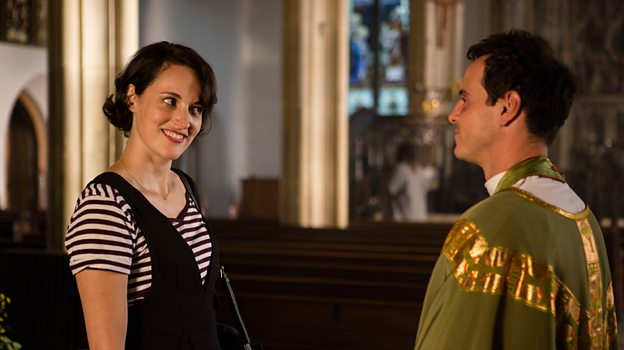
Waller-Bridge laughs when she talks about working with her sister, Phoebe, the writer and star of BBC Three's Fleabag.
“She’s probably my longest collaborator, so we’re already at a point of being able to communicate which is why I think it works well.
“We also share the same sense of humour and sensibility and have similar working patterns. You do build up a language and a real level of trust, efficiency and respect. Those things are ever present and that’s what makes it really joyful.”
Having a strong community is something Waller-Bridge thinks is important within the industry, “there’s space for everyone… it is a very hard industry, the work is very intense, so I think the more we can keep the community of it, the better.”
The future looks bright and busy for Waller-Bridge. She has two upcoming plays, a TV series, a film starring Jim Broadbent and Leslie Manville and she is in the process of signing a record deal.
“I’m really thrilled about it… I’m terrified too but I’ve sort of always wanted to and I think it will be a good muscle to flex. I don’t really know what genre it will be, I’m trying to keep that really open at the moment. I’ve started a few ideas, but it’s really not in a place to divulge.”
When reflecting on how far she has come in her career, Waller-Bridge believes that “stamina, generosity, imagination and having a really open mind is key.”
Something that's clearly worked for her so far.

